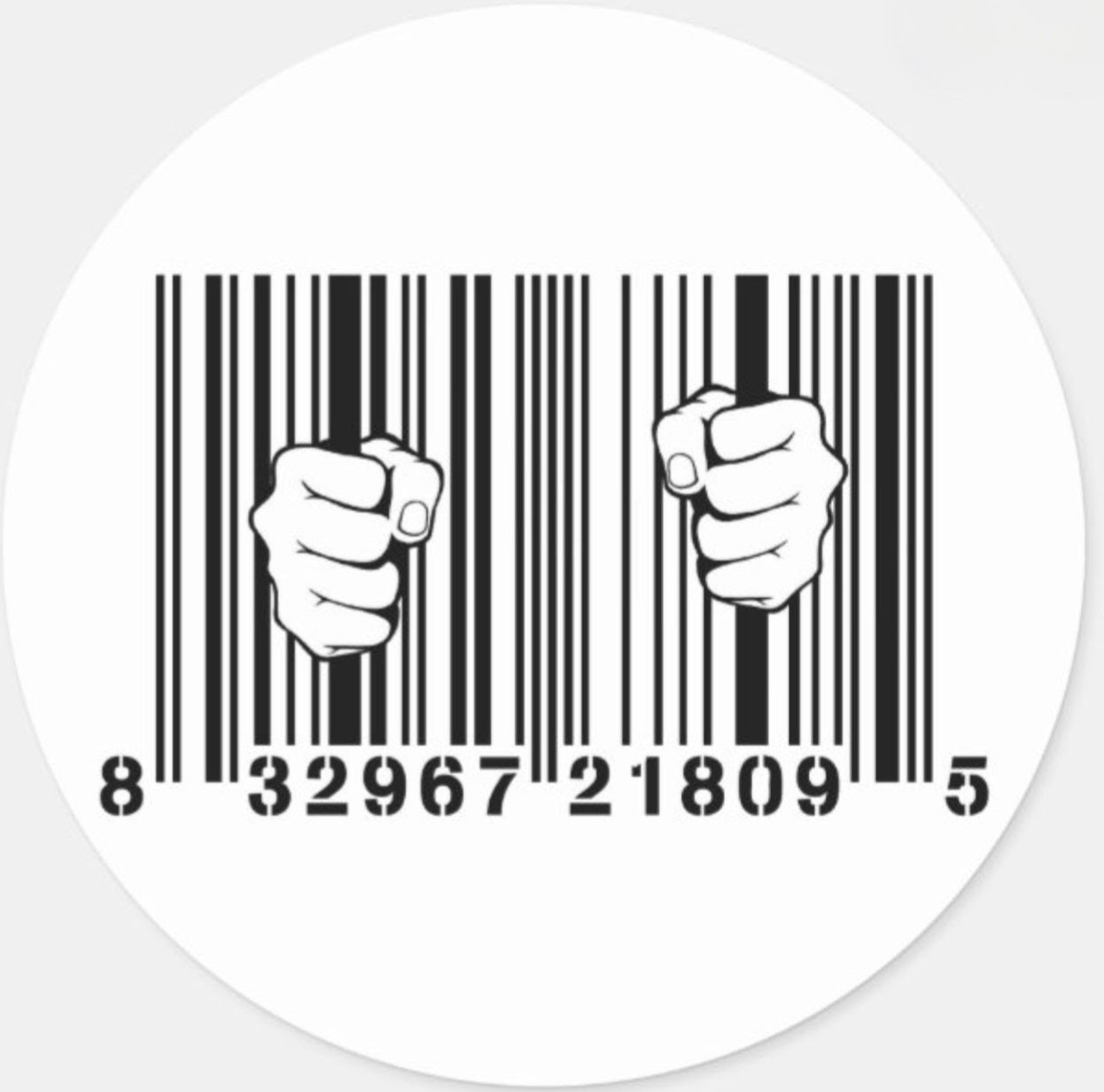- cross-posted to:
- [email protected]
- cross-posted to:
- [email protected]
cross-posted from: https://ponder.cat/post/1081067
In the past, the rhetoric was all about increasing productivity. Now headcount is coming into focus. Companies like OpenAI have begun to openly acknowledge the implications: why recruit more people when there’s an AI for that? And do you really need all those employees?
OpenAI did not respond to a request for comment by The Register. Microsoft did not wish to make a statement on the record. ®
They’re not even trying to hide it now
OpenAI did not respond to a request for comment by The Register. Microsoft did not wish to make a statement on the record.
Wait. Neither OpenAI nor Microsoft had an AI craft the perfect response to a journalist’s questions?
Next you’ll be telling me that Tesla’s “self driving” cars don’t deliver themselves, but actually are delivered to dealerships on an 18-wheeler driven by a human.
I’ve seen what AI can do in my field. It can replace a new guy, straight out of college. It can’t replace the same guy with 6 months of experience in the job. If it’s a job that anyone with basic skills and no field knowledge could do, then AI can do it. If it might require a discussion to get it right, the AI will never get it done right.
So it is a big threat to jobs, and it’s going to destroy companies that over depend on it out of the gate. But hey, if you get out before the company collapses, it’s not your fault right?
Agreed, to an extent. Like what we saw with Coke’s AI commercial, companies are eager to do anything that will cut their costs while maintaining profits. If it can seemingly replace a salaried position, they’ll do it just to lump that amount of annual grand into the profit pile multiplied by however many people they replace with a pile of code. Who knows how long it will take them to analyze and assess if the marketing/data-entry/creative quality dip is worth the ratio in boosted profit margins.
Which, dystopically and sadly, polarizes safe human work into either menial physical labor that codeshit cannot perform but is necessary to be done (janitorial, warehouses, logistics, maintenance, construction, bodily care, etc.) or license-authorized professional work gatekept by organized legislation, boards, and the obscenely rich (law, healthcare, academics, government, private research, etc.)
Unless a legal damper is placed on AI, we’re in for a really, really dim future for diverse job field employment.
Yep, there’s a path to a post scarcity world due to AI, but a canyon of dystopian nightmare between here and there. Economists are going to be gathering some amazingly interesting data over the next few decades. It’s just going to really suck to be part of that data.



